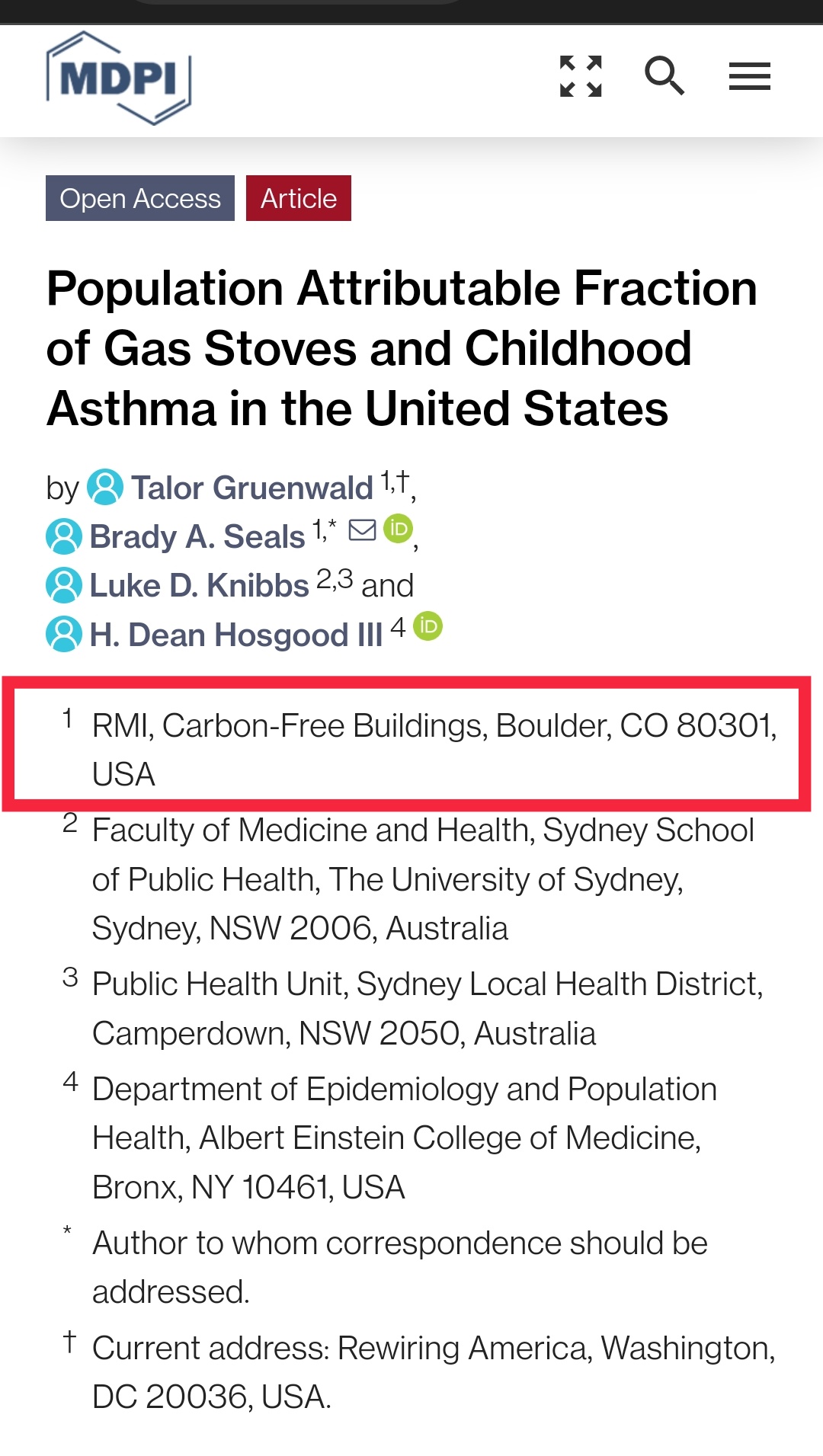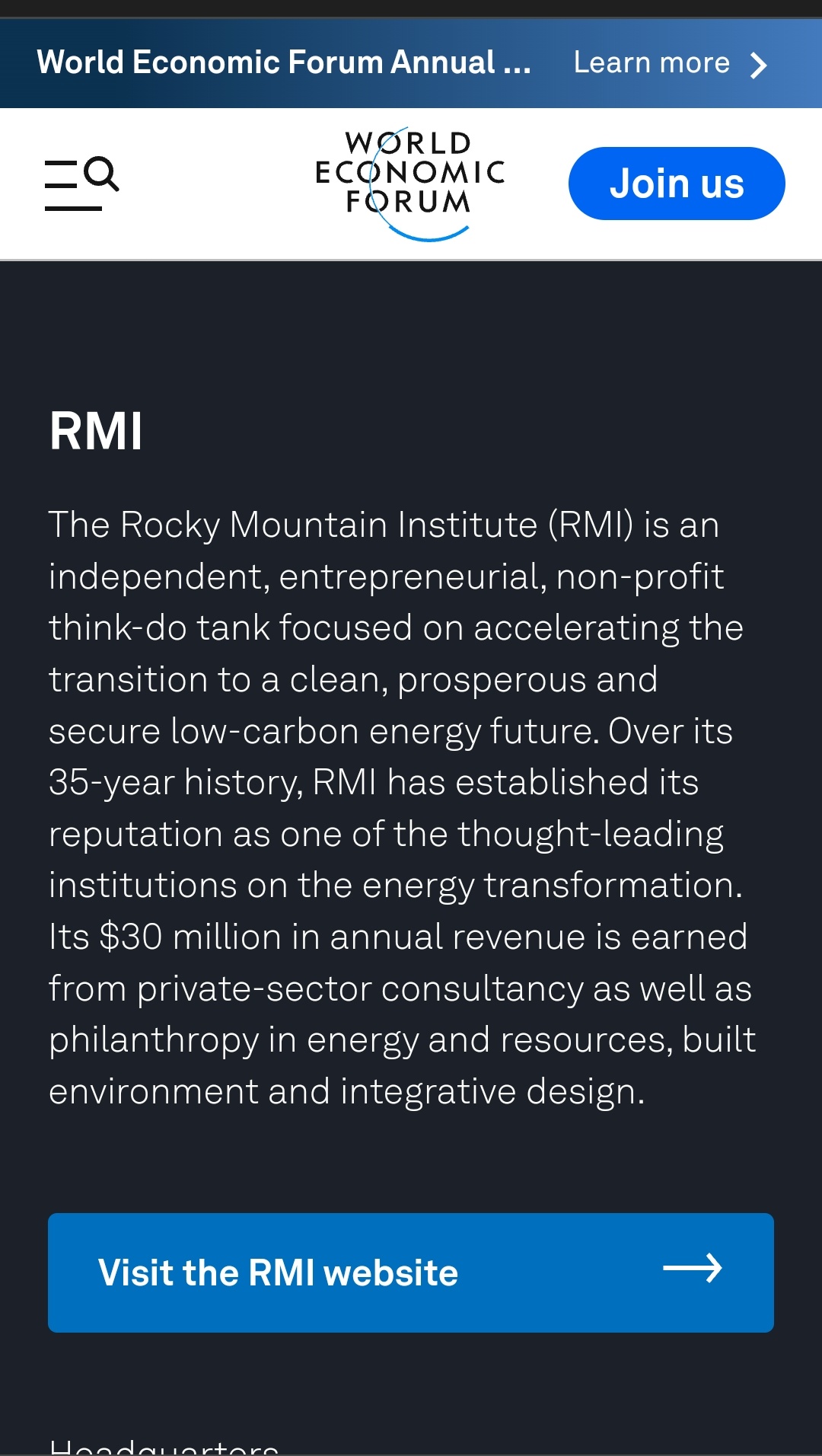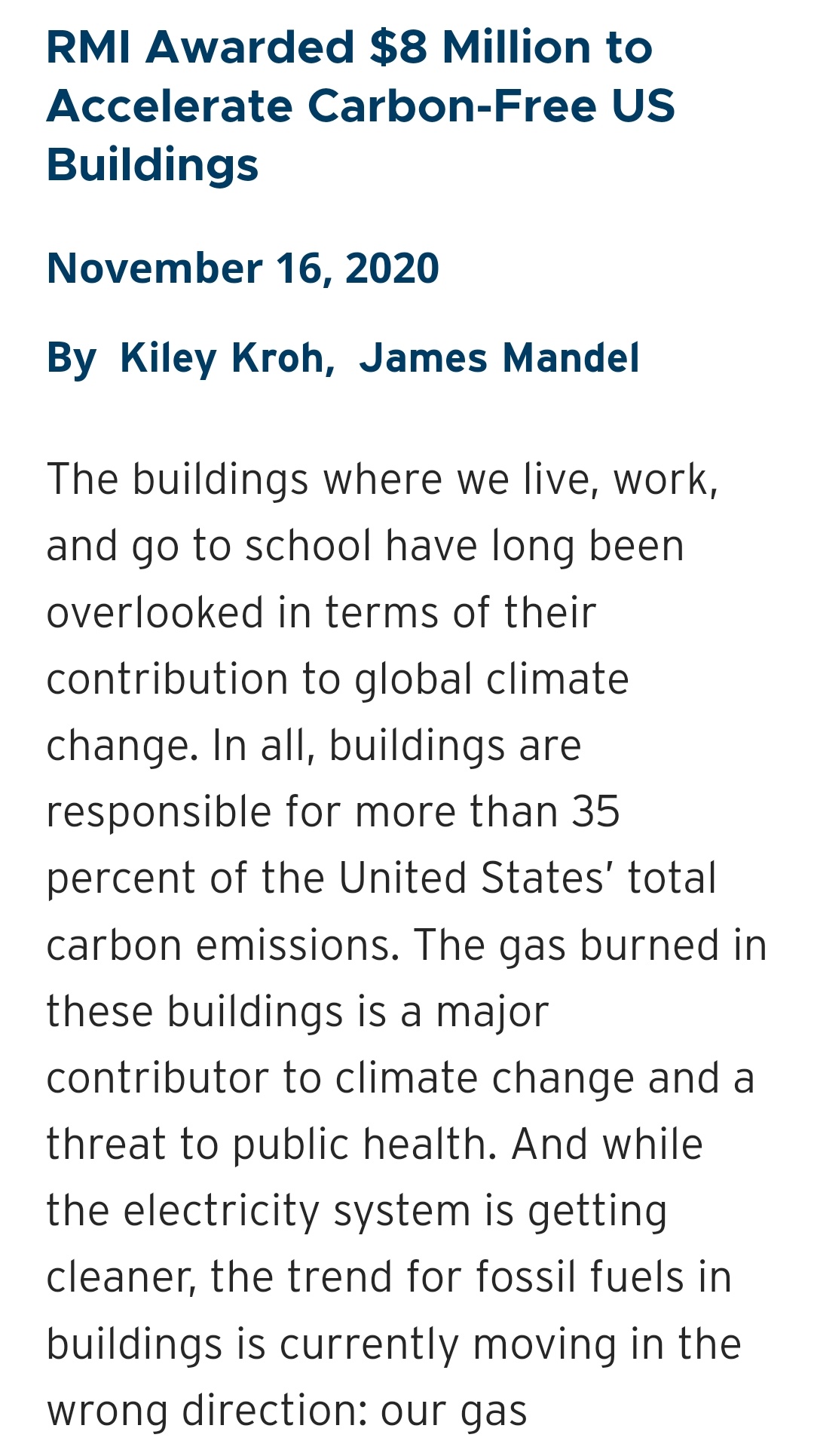Radical New York Democrats have taken their idiotic climate change agenda a step further.
The Empire State will become the first in America to ban natural gas and fossil fuels in new buildings.
New Yorkers can kiss their gas stoves goodbye and say hello to higher electric bills.
The New York State Legislature passed a bill Tuesday that prohibits natural gas and fossil fuels in new residential buildings and some new commercial buildings.
Democrat Gov. Kathy Hochul is expected to sign the legislation.
NEW: Natural gas stoves and furnaces are now "BANNED in most new construction in New York state beginning in 2026" pic.twitter.com/JybVAhIJ6z
— RNC Research (@RNCResearch) May 3, 2023
Kathy Hochul defend the legislation, which passed after state budget negotiations between the governor and state lawmakers.
New York Democrat Gov. Kathy Hochul defends banning gas stoves: "This is how you transition!" pic.twitter.com/JHHkomMaNZ
— RNC Research (@RNCResearch) May 3, 2023
The Washington Examiner provided further details:
A provision in the budget will help the state transition from fossil fuel consumption by phasing in new electric-only requirements for new buildings, beginning in 2025. The law effectively requires all-electric heating and cooking in new buildings shorter than seven stories by 2026.
Hospitals, critical infrastructure, and commercial food establishments are exempt from the requirements. Existing buildings and appliances will not be affected by the law, so residents will not be forced to get rid of their existing gas stoves or appliances.
“Changing the ways we make and use energy to decrease our reliance on fossil fuels will help ensure a healthier environment for us and our children,” New York Assembly Speaker Carl Heastie, a Democrat, said in a statement. “The provisions in this budget will help us do that and meet the ambitious climate goals we set in the [Climate Leadership and Community Protection Act].”
In New York, gas fuels 46% of the state’s electricity. However, the state is looking to combat this with the CLCPA, one of the United States’s most ambitious climate laws. Enacted in 2019, it establishes the state’s goals of reducing economywide greenhouse gas emissions by 40% by 2030 and by no less than 85% by 2050 from 1990 levels, per the act’s website.
As CNBC noted, the statewide ban is an extension of the radical climate change agenda that will first tighten its grip on New York City.
While other states such as California and Washington have used their building codes to advance electrification, New York will be the first state to pass a law to advance zero-emissions new homes and buildings. The statewide ban would follow legislation passed by New York City in 2021 that bans natural gas hookups in new buildings by the end of this year.
New York was the sixth-largest natural gas consumer among the states in 2020, according to the U.S. Energy Information Administration. Natural gas fuels 46% of the state’s electricity generation. In 2021, the residential sector — where 3 out of every 5 households use natural gas for heating — comprised over one-third of the natural gas delivered to New York residents, the agency found.
The New York state and New York City zero-emissions building legislation would collectively prevent up to 6.1 million metric tons of carbon emissions by 2040 — equivalent to the annual emissions of just over 1.3 million cars, according to studies by the clean energy nonprofit RMI.
Unsurprisingly, the RMI (Rocky Mountain Institute) can be traced to the World Economic Forum.
From VOX:
Four research and advocacy groups — the Rocky Mountain Institute, Mothers Out Front, Physicians for Social Responsibility, and the Sierra Club — have released a new literature review, assessing two decades worth of peer-reviewed studies. They find that “gas stoves may be exposing tens of millions of people to levels of air pollution in their homes that would be illegal outdoors under national air quality standards.”
The Rocky Mountain Institute stated in a 2020 report:
Across the United States, millions of homes and apartments rely on gas appliances for heating and cooking. Burning gas in buildings is not only a threat to climate action but also to human health, as these appliances are sources of indoor air pollution. Gas stoves, particularly when unvented, can be a primary source of indoor air pollution. What’s more, a robust body of scientific research shows the pollutants released by gas stoves can have negative health effects, often exacerbating respiratory conditions like asthma.
Despite this growing body of evidence, indoor air pollution remains largely unregulated. In this report, we synthesize the last two decades of research and offer recommendations for policymakers, researchers, health care professionals, and the public to work to swiftly to mitigate the health risks associated with gas stoves. Air pollution is preventable, and we hope this report can spur the necessary action to protect public health.
Twitter user Max Kennerly linked to another study in reply to Sen. Joe Manchin (D-WV) expressing his staunch disapproval of the push to ban gas stoves.
https://twitter.com/MaxKennerly/status/1612969713969270787?ref_src=twsrc%5Etfw%7Ctwcamp%5Etweetembed%7Ctwterm%5E1612969713969270787%7Ctwgr%5E1e711833396d80fccd4962660c33b3cbe9b1fe51%7Ctwcon%5Es1_&ref_url=https%3A%2F%2Fwelovetrump.com%2F2023%2F01%2F12%2Fworld-economic-forum-linked-to-manufactured-outrage-against-gas-stoves%2F
The study cited, ‘Population Attributable Fraction of Gas Stoves and Childhood Asthma in the United States,’ is linked to the Rocky Mountain Institute.
Turns out, the Rocky Mountain Institute is a partner of the World Economic Forum.
OMG.
The company that wrote the article being used to ban gas stoves is a world economic forum (WEF) partner. pic.twitter.com/zqIwjSkuEq— Rising serpent 🇺🇸 (@rising_serpent) January 11, 2023
From the World Economic Forum:
The Rocky Mountain Institute (RMI) is an independent, entrepreneurial, non-profit think-do tank focused on accelerating the transition to a clean, prosperous and secure low-carbon energy future. Over its 35-year history, RMI has established its reputation as one of the thought-leading institutions on the energy transformation. Its $30 million in annual revenue is earned from private-sector consultancy as well as philanthropy in energy and resources, built environment and integrative design.








Join the conversation!
Please share your thoughts about this article below. We value your opinions, and would love to see you add to the discussion!